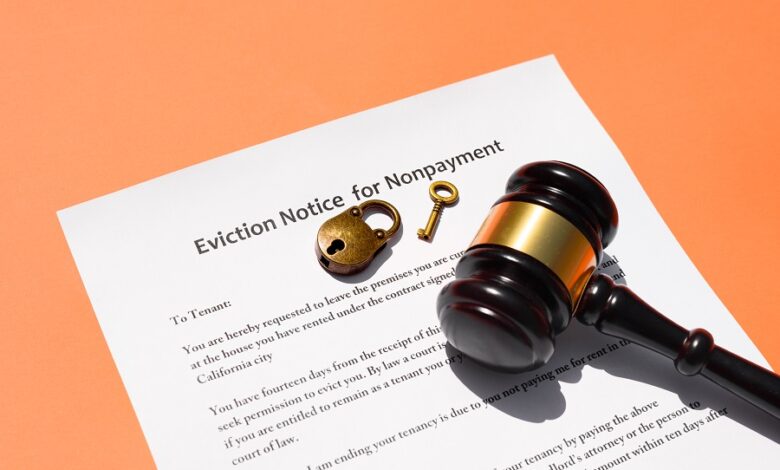3 Alternatives to Evicting a Bad Tenant

If you have a bad tenant who treats your property poorly, doesn’t pay rent on time, and is otherwise breaking the terms of your lease agreement, eviction is an option. However, it should always be the last option.
There are alternatives we recommend you try first.
The Problem With Eviction
Eviction has its place. It’s a last-resort option when all the other courses have been exhausted and there’s nothing left you can do.
Make sure you think long and hard about eviction before going through with it, however. The process can be stressful and expensive. Here are just some of the potential financial costs:
- Legal Fees: You’ll most likely want to hire an attorney to handle an eviction (especially in today’s market, which features eviction moratoriums and other complicating factors). Expect to pay a minimum of $500 in legal fees.
- Court Costs: You’ll have to file the appropriate paperwork with the court in your jurisdiction. The national average is $50.
- Lost Rent: Most eviction processes take at least 90 days to complete. Add this on top of the rent you’re already owed, and you’re likely to forgo another several thousand in income.
- Property Turnover: There’s a good chance the property will be in a state of disrepair. The turnover – which includes fixing property damage, listing the property, screening new tenants, etc. – will cost another couple of thousand at least.
In total, TransUnion SmartMove data suggests the total eviction cost averages $3,500. In many cases, the figure is much higher.
On top of the financial costs, you also have to think about the potential harm to your reputation. Even when the tenant is in the wrong, the landlord usually comes out looking like a public enemy.
In a close-knit community or neighborhood, you don’t want to acquire the image of a greedy landlord who puts people on the streets. We’re not saying that will be a fair assessment, but some people will inevitably choose to believe it.
3 Alternative Options
Ethically, you have every right to evict a tenant when they break the terms of your lease agreement and don’t pay to live in your property. Financially, it might be less costly to consider alternative options before you turn to that. Here are a few:
- Set Up Payment Arrangements
If you have a property management company, talk with them about your options. They may encourage you to start by offering to set up payment arrangements with the tenant.
Payment arrangements are most likely to work in the case of historically good tenants who are experiencing a temporary financial hardship. If they’ve proven to be proper tenants in the past, it may be worth holding off on eviction and offering to work with them.
Proactive and transparent communication is vital. Don’t wait until the renter is several months behind to start a dialogue. Stay in touch and be flexible when the person is willing to work with you.
- Try Mediation
If a dispute develops between you and the tenant, you may want to get a mediator involved. Mediators are trained to collect information from both parties (with regard to the dispute) and provide alternative options and suggestions to solve the quandary. A mediator’s opinion is not legally binding, but it can provide solutions to a stalemate that might not be readily apparent to either of the parties.
- Offer Cash for Keys
If payment arrangements don’t work and there’s no viable opportunity for mediation, you can try one more option before turning to eviction. It’s something landlords call cash for keys.
As the phrase implies, you offer the tenant cash in exchange for them moving out. We admit it can be difficult to swallow your pride and do this, but it may make the most financial sense.
A tenant who’s in a tough financial situation would probably jump at $1,000 or $1,500. And if you know it’s likely to cost $3,500 and another 90 days to evict them, it should be a no-brainer on your part, as well.
If you choose to propose a cash-for-keys deal, make sure you sign an agreement with the tenant and get everything in writing. The last thing you can afford is to fork over the money and have the tenant stick around.
Putting it All Together
Evicting a tenant who doesn’t follow the terms of your lease agreement is always an option. But before you go down that expensive and lengthy trail, consider whether one of the alternatives discussed above is viable.
It could save you a lot of time, money, and frustration!


